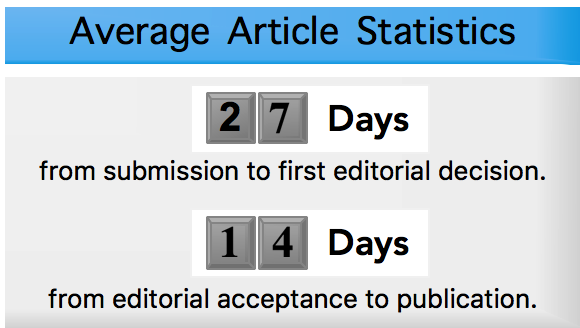Downloads
Abstract
Currently, microplastics (MP) in the water environment is a global issue. Microplastics enter the natural environment through various sources such as domestic wastewater and industrial wastewater. The flocculation method - one of the simple and effective methods commonly used in wastewater treatment plants was used in this study to determine the removal efficiency of MPs in the industrial wastewater. The coagulation/flocculation experiments were carried on the Jartest model with the iron coagulant under different conditions. The wastewater was taken from the industrial park Song Than 1. The volume of the wastewater in each experiment was 500 mL with the MPs concentration of 78.4 mg/L which included 3 main forms with MP bead (322 different types / 0.5 L), MP fragment (131 different types / 0.5 L) and MP fiber (125 different types / 0.5 L). The optimal condition of microplastic removal (iron coagulant (FeCl3) = 600 mg/L, pH 8.6 – 8.8, settling time = 60 minutes, fast stirring of 300 rpm, slow stirring of 25 rpm, supporting-coagulant (CPAM) = 50 mg/L) was determined, corresponding with the MPs removal efficiency of 93.11% (MPs in effluent was 7.33 mg/L). The most common MPs categories collected after treatment were MP fragments (19 different types) and MP fibers (17 different types). MPs dimensions were mostly about 0.5 to 1 mm. Our result showed that the coagulation/flocculation process was an efficient method for the removal MPs in the industrial wastewater.
Issue: Vol 4 No SI (2020): Special Issue: Environment and Development (ESD2020)
Page No.: SI22-SI31
Published: Dec 19, 2020
Section: Original Research
DOI: https://doi.org/10.32508/stdjns.v4i1.988
Download PDF = 515 times
Total = 515 times
Most read articles by the same author(s)
- Do Thi Thuy Quyen, Tran Hoang Minh, Phan Thi My Xuyen, Nguyen Thao Nguyen, Practice regarding disposal of expired and unused medicines among students of University of Science, Vietnam National University Ho Chi Minh City , VNUHCM Journal of Natural Sciences: Vol 4 No SI (2020): Special Issue: Environment and Development (ESD2020)

 Open Access
Open Access 








